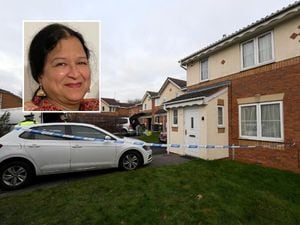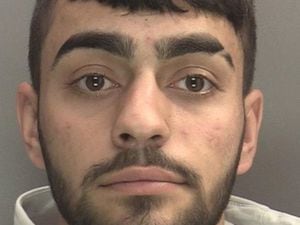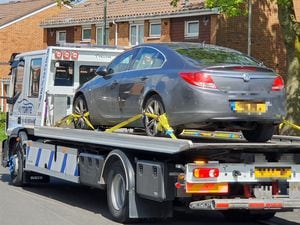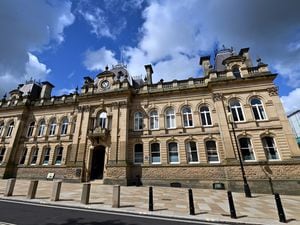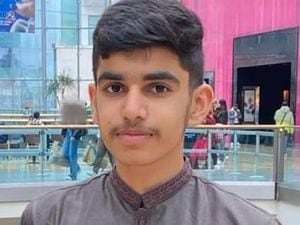Wolverhampton couple who laundered £250,000 wanted after failing to show at court
A married couple from Wolverhampton who laundered nearly £250,000 swindled from vulnerable elderly victims are on the run after failing to show at court.

Kathleen McCarthy, of Broome Road, Low Hill, received a total of £220,500 from 14 victims between December 2013 and December 2014.
Her husband, Oliver Boswell, of the same address, laundered £24,500 from three victims between April and May 2014.
Elderly people across England, including ones in Staffordshire, were tricked into handing over the cash which was sometimes their entire life savings.
McCarthy and Boswell then used their accounts in a bid to conceal the crimes from the authorities.
The pair are among 11 people convicted of laundering a total of £614,700 since 2014 following an investigation by the South East Regional Organised Crime Unit (SEROCU).
McCarthy, aged 28, was found guilty on 17 counts of converting criminal property contrary to the Proceeds of Crime Act and two counts of attempting to convert criminal property contrary to the Criminal Attempts Act 1981.
Boswell, 29, pleaded guilty in January to four counts of converting criminal property.
Both failed to attend court at the end of November. McCarthy was convicted in her absence. They are both now wanted by the courts.
Francis O’Rourke, 42, of the same Wolverhampton address, was also among the 11 convicted having received £9,500 from a victim in West Bromwich in December 2014. He was found guilty on two counts of converting criminal property.
All 11 will be sentenced on January 8 at Lewes Crown Court, Sussex.
Financial Investigator, Julie Thompson, from SEROCU’s Regional Fraud Team, said: “The offenders targeted vulnerable elderly victims, who they tricked into giving them large sums of cash, sometimes their life savings, without any care for the impact this would have on their victims.
“Without the money launderers, who are prepared to knowingly allow their accounts to be used to launder the proceeds of crime, these abhorrent crimes would not happen.
“Our next step after these criminals are sentenced will be to aim to try and get compensation of the victims, in an attempt to recover the money they have spent a lifetime working for.”
The racket laundered money from victims in London, Essex, Cambridgeshire, Sussex, Sheffield, Rugby, Southsea, Northampton and Middlesex, as well as those in Staffordshire and West Bromwich.
In all the 11 defendants were either found guilty or pleaded guilty to 49 offences.

